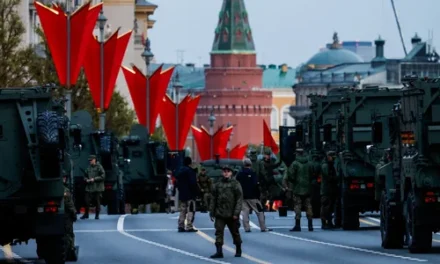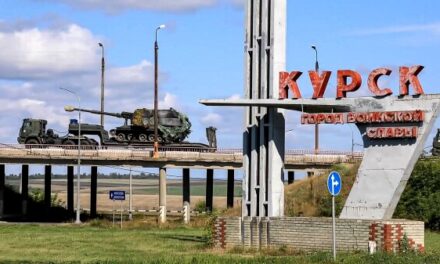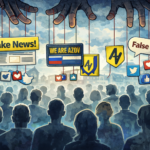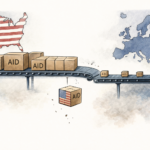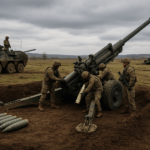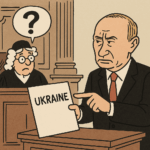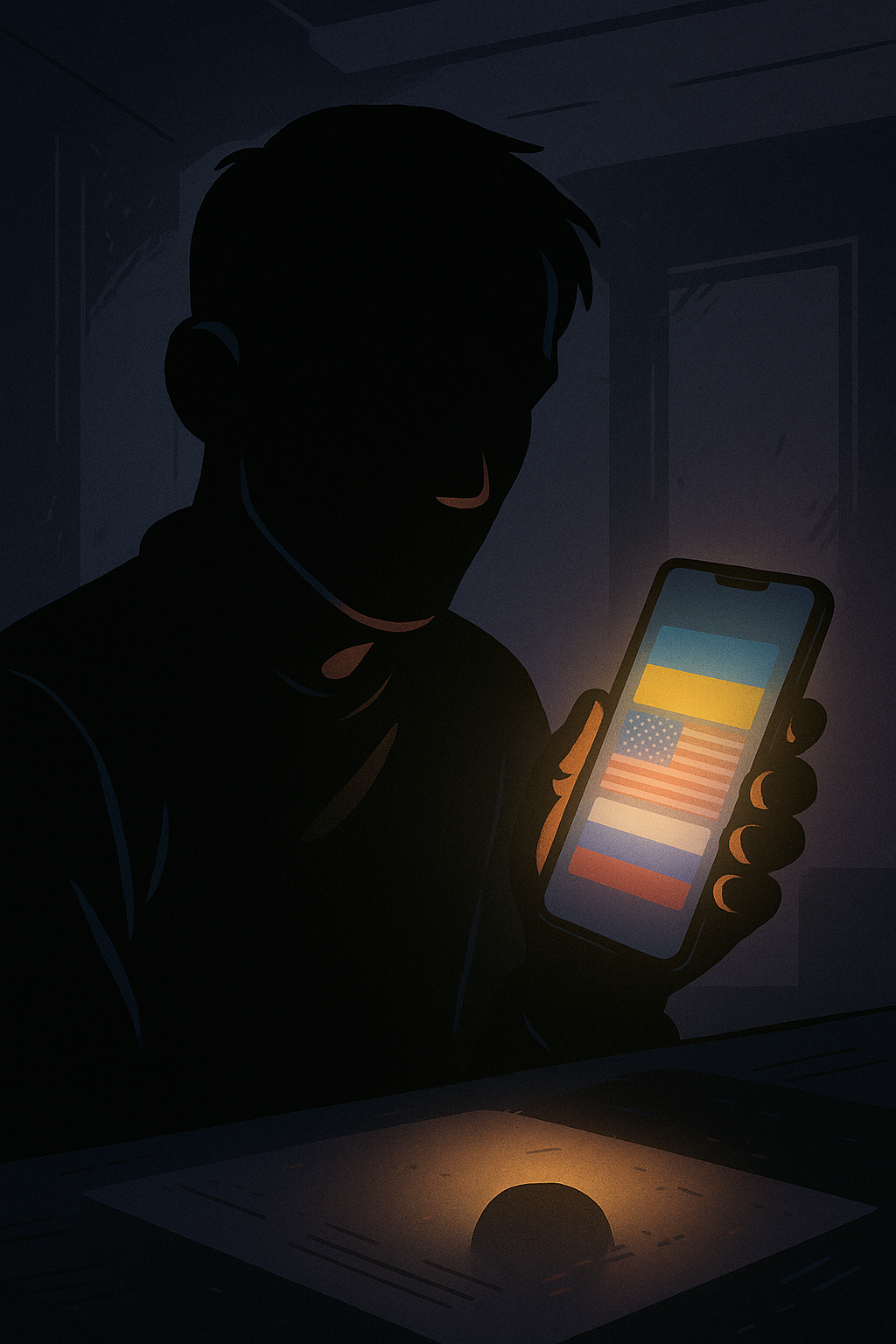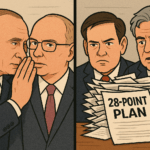French Catholic priest Patrick Desbois—known for two decades of painstaking work locating and documenting “Holocaust by bullets” mass graves—has redirected his methods to occupied parts of Ukraine, where he argues a new, identity-targeted crime pattern is unfolding. Working through his organization Yahad–In Unum, which has previously recorded thousands of execution sites and thousands of eyewitness accounts of Nazi crimes, Desbois says his team has now compiled hundreds of contemporary testimonies from areas such as Kherson and Kharkiv. Their April report contends that torture carried out by Russian forces, frequently under the operational hand of the FSB, is not incidental battlefield brutality but a system designed to coerce Ukrainians into renouncing their identity and accepting Kremlin control. UNITED24 Media
Desbois and legal scholar Andrej Umansky describe a coordinated apparatus: mass arrests of local elites (teachers, journalists, community organizers), pressure campaigns to force public declarations of loyalty, and the deportation and re-registration of children inside Russia to sever cultural ties. Witnesses recount psychological and physical torment calibrated to break resistance; in one case, interrogators leveraged threats against a detainee’s mother after beatings failed, extracting a coerced statement later used for blackmail. These practices, the investigators argue, are aimed not only at silencing individuals but at emptying villages of their Ukrainian character. UNITED24 Media
On the legal terrain, the team anchors its conclusions in the 1948 Genocide Convention—especially Article II(b), which covers causing serious bodily or mental harm to members of a national group. In their assessment, a pattern of systematic torture, intimidation, and forced assimilation meets that threshold when viewed alongside policies targeting children and community leadership. They have submitted their documentation to the European Court of Human Rights and Germany’s Federal Public Prosecutor; some alleged perpetrators have already been identified with journalistic assistance and survivor recognition. Accountability will be slow, they concede, but the absence of a statute of limitations makes eventual prosecutions plausible.
Desbois also frames the stakes within today’s geopolitics: as international debates revisit ceasefires or “peace deals,” he warns that occupation is being used as a tool of erasure, not merely territorial control. Any negotiation that ignores the deliberate crushing of Ukrainian identity risks entrenching a system of abuse. The message is stark—behind the front lines, an organized campaign seeks to unmake a nation.


